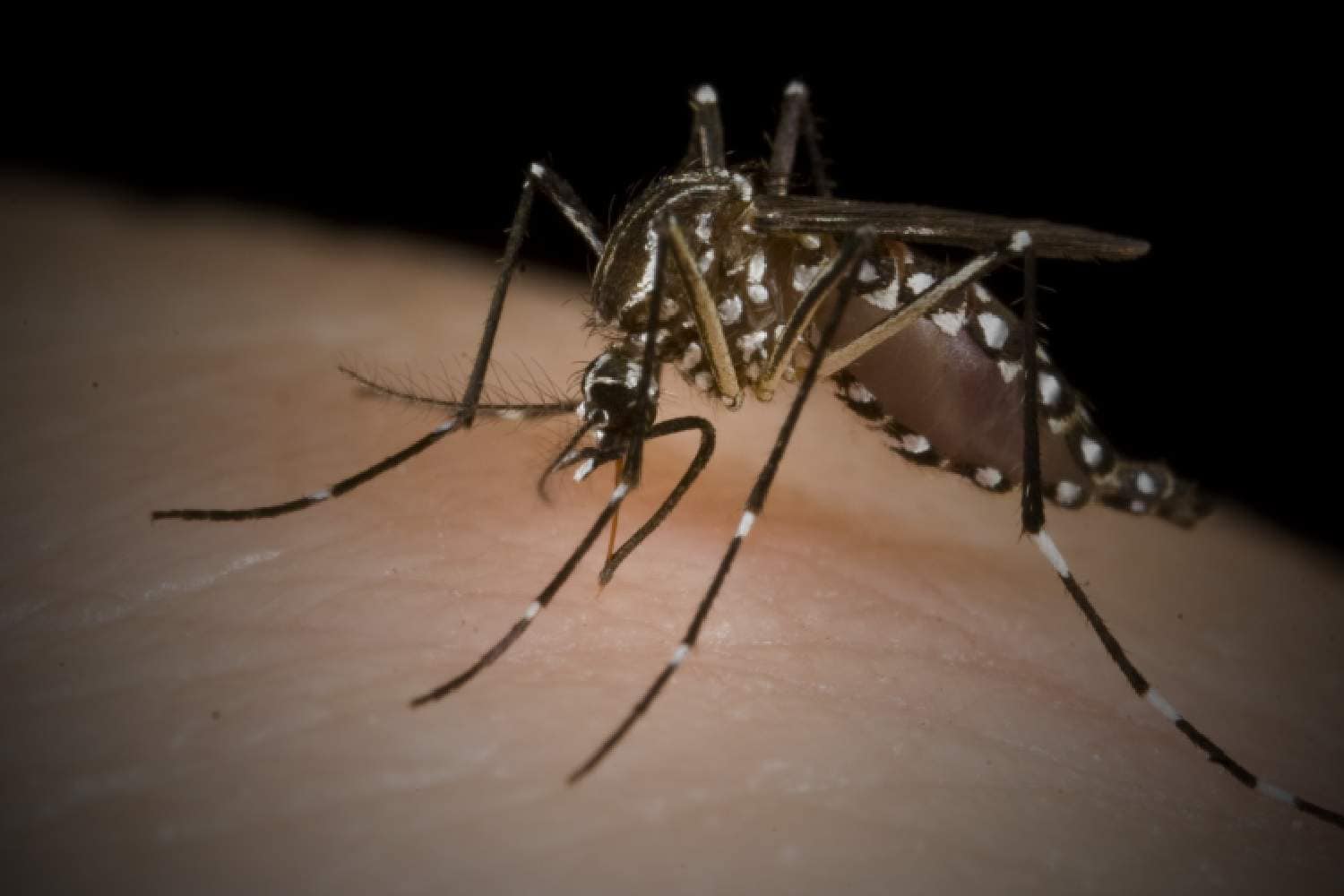The World Health Organisation (WHO) has raised alarm about a new surge in chikungunya virus infection cases around the world.
Global rise in chikungunya virus infections sparks urgent health warnings
This virus, which spreads through mosquito bites, is causing concern in several countries — and South Africans who travel to those places are being advised to take extra precautions.
Chikungunya is a viral illness that spreads when a person is bitten by certain types of mosquitoes, especially the Aedes aegypti and Aedes albopictus species. These mosquitoes are also responsible for spreading other diseases like dengue and Zika.
The illness usually causes fever and very painful joints. Some people also get rashes, headaches, and muscle aches. In many cases, the symptoms go away after a week, but some people, especially older adults, may experience joint pain for months.
Why the WHO is concerned now
According to the WHO, signs are showing a pattern similar to a major outbreak in 2004-2005. At that time, the disease started in island countries in the Indian Ocean and then spread across the globe, affecting hundreds of thousands of people.
Now, in 2025, the same areas — such as Réunion, Mayotte, and Mauritius — are seeing large outbreaks again.
“One-third of Réunion’s population may already be infected,” said WHO’s Dr. Diana Rojas Alvarez.
The virus has also spread to other parts of Africa, including Madagascar, Kenya, and Somalia. Some travellers returning to Europe from these regions have brought the virus with them, causing local cases in France and suspected ones in Italy.
South Africa sees travel-related cases
South Africa has not yet had a local outbreak, but health officials are watching closely.
In early 2025, the National Institute for Communicable Diseases (NICD) confirmed three travel-related cases. Two people returned from Mauritius and one from Kenya, all with symptoms linked to chikungunya.
Health authorities warn that if someone returns from a high-risk area with the virus in their body and is then bitten by a local mosquito, it could start a local outbreak — especially in areas where these mosquitoes are common, such as KwaZulu-Natal, the Eastern Cape, and Gauteng.
There is no vaccine or specific treatment for chikungunya virus infection, so the best protection is to avoid getting bitten by mosquitoes.
Here are simple steps to stay safe:
- Use insect repellent on all exposed skin.
- Wear long-sleeved clothing and trousers, especially during the day and late afternoon.
- Sleep in air-conditioned or screened rooms.
- If you feel unwell during or after your trip — especially with fever, joint pain, or a rash — see a doctor immediately.
Pregnant people are advised to avoid travelling to outbreak areas because of the health risks.
With no cure or vaccine available in South Africa, health officials say early awareness and mosquito protection are key to preventing a wider outbreak.
